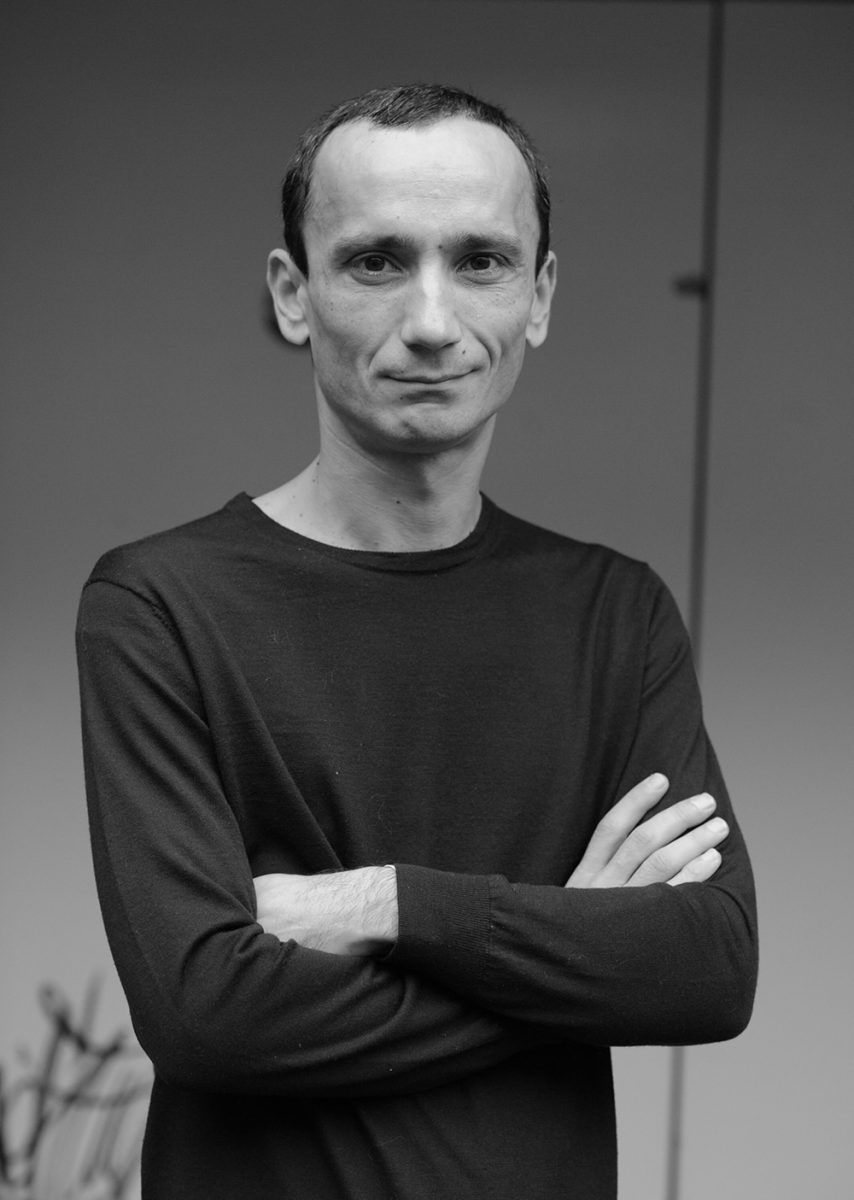Within the fashion industry today, not many individuals focus on the well-being, support and growth of upcoming fashion brands. Given the current economic context -and uncertain political climate within several countries- next year will be challenging for young fashion designers, who will probably suffer more than high-end luxury groups or fast fashion chains.
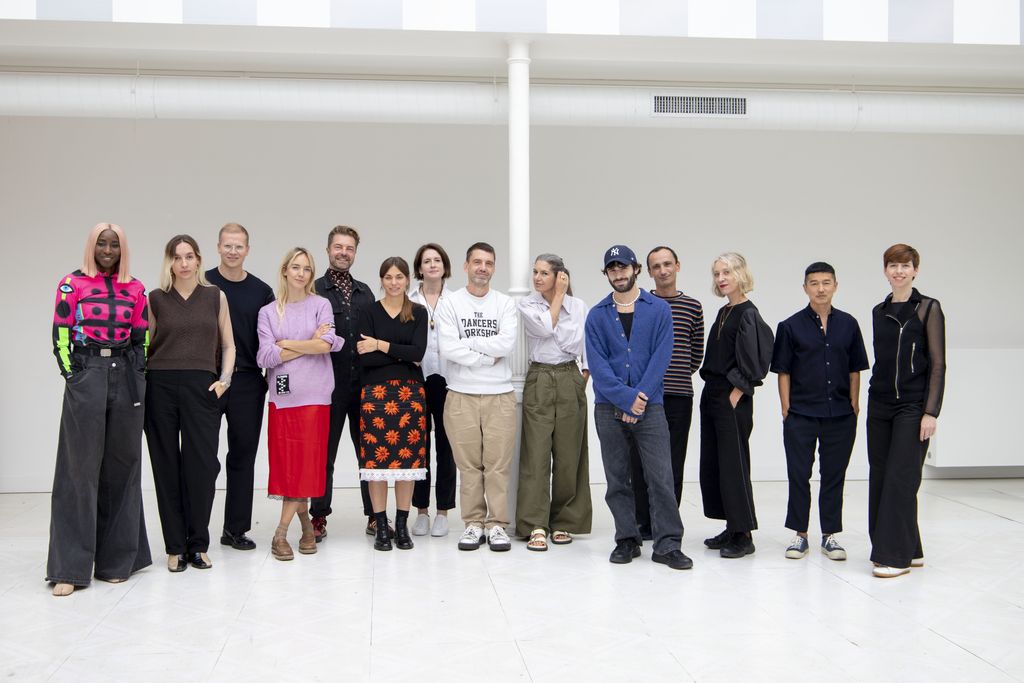
This does not prevent Serge Carreira, the Head of Emerging Brands Initiative within the prestigious Fédération de la Haute Couture et de la Mode, to remain optimistic. Carreira is an eloquent speaker and smart strategist, who understands what it takes to make it as a young talent within the industry today.
Chosen to take part in the international jury of the Belgian Fashion Awards, which took place in Brussels last November, Carreira comes across as a critical and cautious person, with a real insight into his field. We caught up with him to discuss his jury experience, fashion’s current post-pandemic landscape, and what are the best ways for new names to grow together.

How was your experience of the jury within the Belgian Fashion Awards?
There were many talented people this year, which could have made it difficult for us to choose. However, there was a lot of constructive and meaningful exchange throughout, which in the end made for a strong edition. When you look at the prizes this year, and who they were awarded to, the list of winners does reflect the world we’re living in, with commitment, audacity and looking forward to the future as keywords defining a new generation of designers.
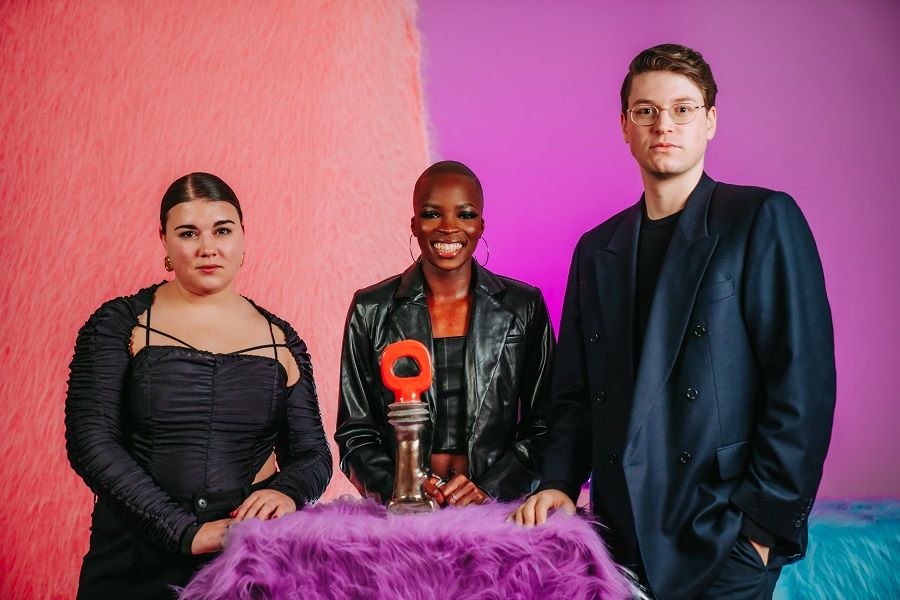
There’s a new wave of young Belgian talent, with names such as Ester Manas, Nicolas Di Felice or Meryll Rogge. What do you think about them?
It’s a generation that has freed itself from a more famous -and much older- group of designers. They still belong to what is understood as “Belgian Fashion”, a combination of rigor and fantasy. That generation is very much in tune with society’s preoccupations today.
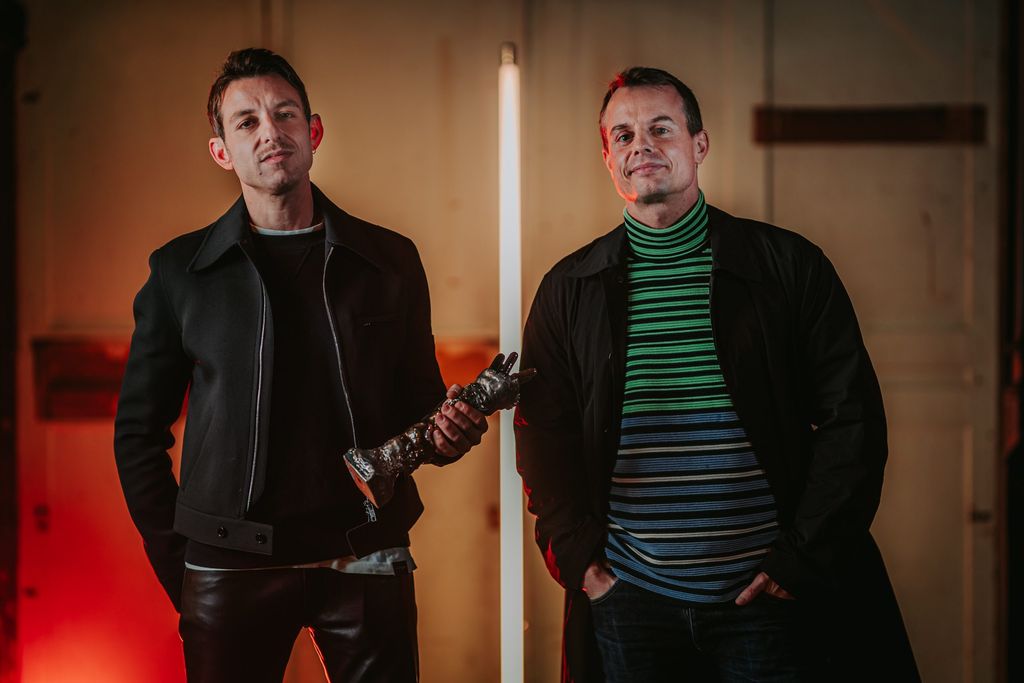
Being French yourself, would you say that Belgian fashion acts as a reference point for young designers, or not?
There’s a real fashion culture in Belgium. Whether it be Antwerp or Brussels, there’s an environment that stimulates creativity, while designers are helped with concrete tools to develop their businesses. I also see solidarity here, and mutual support among designers themselves. It’s about fostering a community and sharing practices, as opposed to merely competing against each other. The fact that many Belgians show in Paris, but choose to stay at home gives them a helpful, and perhaps necessary, sense of distance.
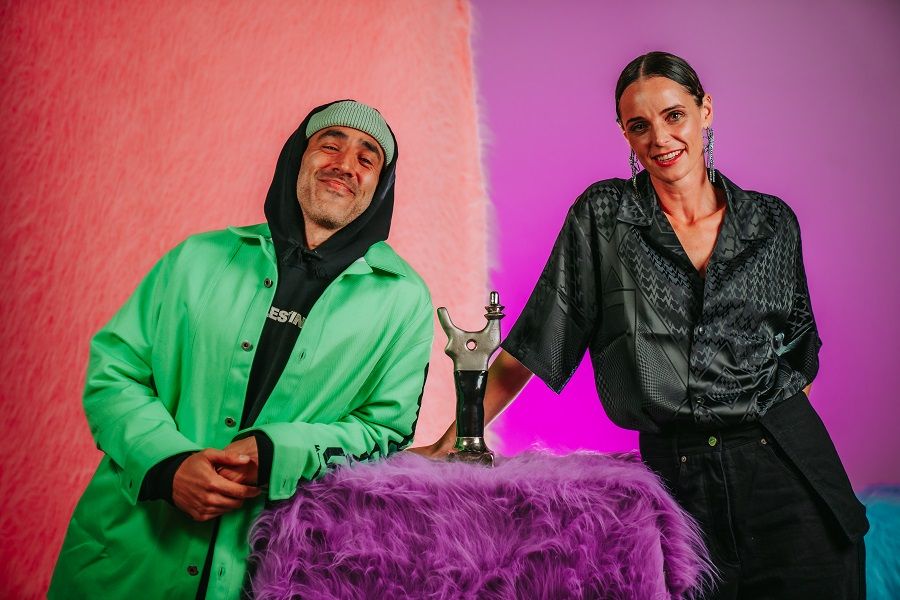
That’s particularly true of Brussels, where creative fields tend to mix freely, regardless of the disciplines.
I would say that you can find the same vibe in London, or even in Paris. For that young generation, fashion doesn’t close itself in, and friends of designers are often singers, actors, performers or artists. There’s a bigger curiosity nowadays from fashion designers towards the arts. Brussels is great for that, because it’s a country of artists, collectors and performative arts. Belgium is important, as far as the creative world is concerned.
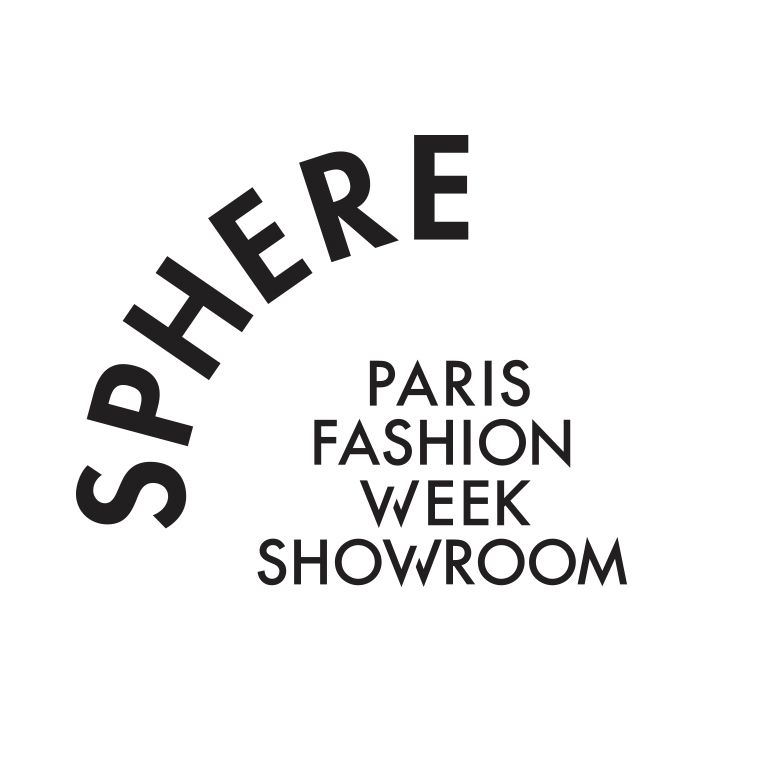
You started doing sales and worked in more corporate environments. Since 2019, you have headed the Emerging Brands Initiative in Paris, which truly supports young designers. What attracted you to young designers, as opposed to more established brands?
I never really calculated anything when it comes to my career, and things happened due to the people I met, who taught me a lot and stimulated me as well. My experiences within the industry are quite varied, and when Ralph Toledano asked me to join the Fédération to help upcoming brands, we built a coherent project that could promote Paris as well as young designers choosing to present there.
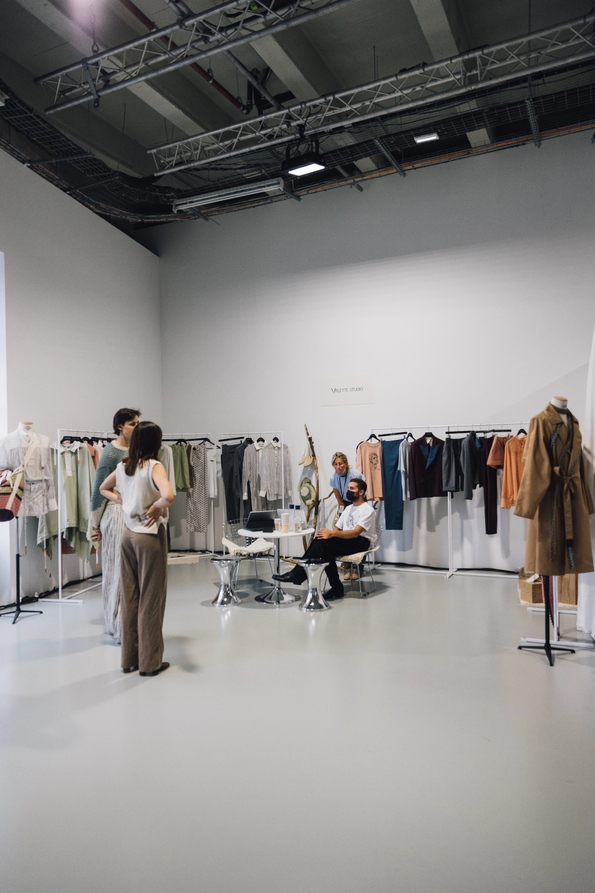
Lots of things happened in fashion last month, from Alessandro Michele leaving Gucci to Raf Simons shuttering his own brand. Is it harder to be a young independent brand today than it was 30 years ago?
I’m not sure if it’s more difficult or not. I think Raf Simons decided it was time to move on to a new chapter in his life and consolidate his relationship with Prada, where he could probably express himself more fully. However, I think being independent today is still possible, it depends on how much you want it to work in a way.
Going into a recession, who gets affected within fashion first?
There will always be bigger protagonists in the field that can withstand such obstacles. Still, if you observe what happened during the pandemic, several young independent brands managed to innovate and find solutions to stay relevant. Some were successful doing so, and I’m feeling quite optimistic about the future, even though I’m far from being naïve.
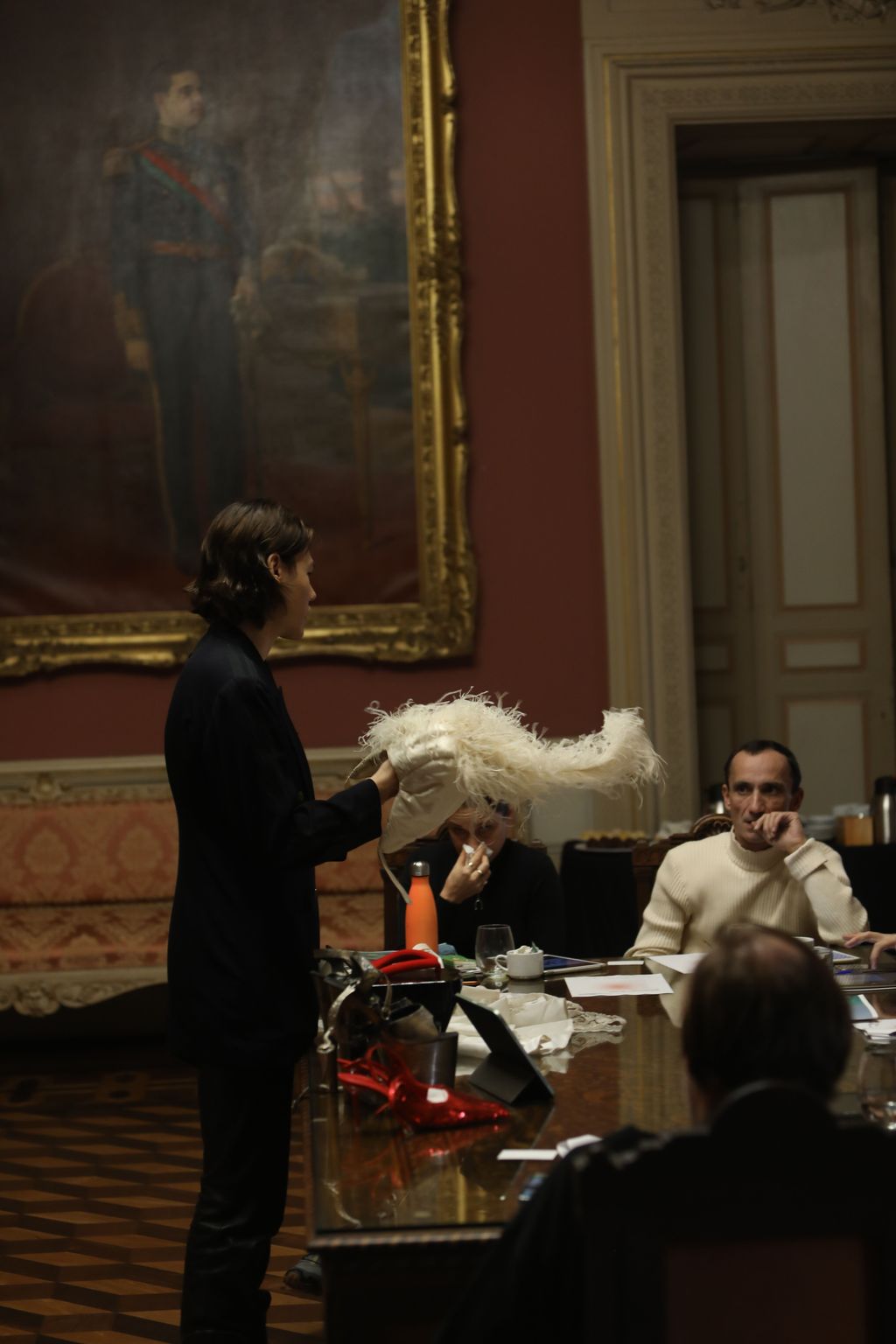
Has anything truly changed since the pandemic? When you look at Shein and luxury brands flying press and influencers around the world for lavish 10-minute shows, is it business as usual?
Certain processes sped up with the pandemic, such as incorporating the digital much more within the business of fashion or reflecting upon the supply chain in order to be environmentally coherent. Notions of diversity and respect have become paramount as well, echoing what’s happening within our world. Fashion can no longer stay in an ivory tower and must engage with society fully, otherwise it will be deemed irrelevant. Going back to the old ways is not something that is likely to happen any time soon. There’s a need for action today -especially against fast fashion- but of course change will not be implemented without the consumers changing their behaviors.
